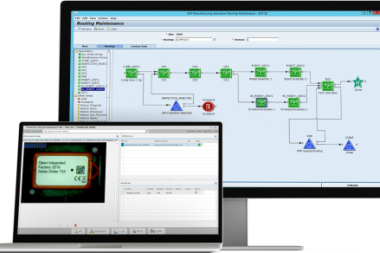If you’re a Sales or Customer Service Executive, you probably don’t expect much from your CRM (Customer Relationship Management) in terms of doing your job. You need insight and data to help customers and to provide the personalized experience they expect today, but CRM likely doesn’t deliver.
According to SAP and Marcia Savage, CRM technologies have existed for more than 25 years. Initially intended as productivity boosters to help companies drive revenue, many have transformed into complex management tools. For sellers and other front-line employees, CRM often is more of an administrative time sink than a helpful aid.
SAP recently hosted a relevant webinar on CRM for sales and service with Forrester Research Vice President and Principal Analyst, Kate Leggett. He said: “CRM has a lot of potential, but it’s not living up to its promise”.
With customer engagement so important (especially now in the pandemic) this has to change. COVID-19 has dramatically impacted consumer behavior and the way they engage with businesses, forcing many organizations to adjust their digital operations. Front-line sellers and customer service agents need to be equipped to provide a customer experience that meets today’s increased needs and expectations. Learn here why CRM is important to your business!

Contact us & learn how we can help you with your CRM!
A better CRM for sales and service
For CRM to provide this critical flexibility and facilitate excellent customer experience, the technology needs to evolve in a few ways.
- Organizations need to view CRM as a strategic solution that enables them to support the customer throughout their lifecycle, rather than a tactical investment to manage departmental goals.
- To provide highly personalized and contextualized customer experience, sellers and customer service agents need a unified view of the customer that provides sufficient data and insights.
- CRM technology must provide this complete view with adaptable, role-based workflows so they employees can fully support customers, Leggett said.
When you have a CRM that makes your job easier, you'll be more engaged, productive and able to create greater customer experiences. Satisfied customers will come back for more.
When CRM serves everyone (the customer, the seller, the customer service agent, and management), it becomes a powerful tool for building brand loyalty and achieving corporate goals.
Source
Main image credits: proxyclick.com










